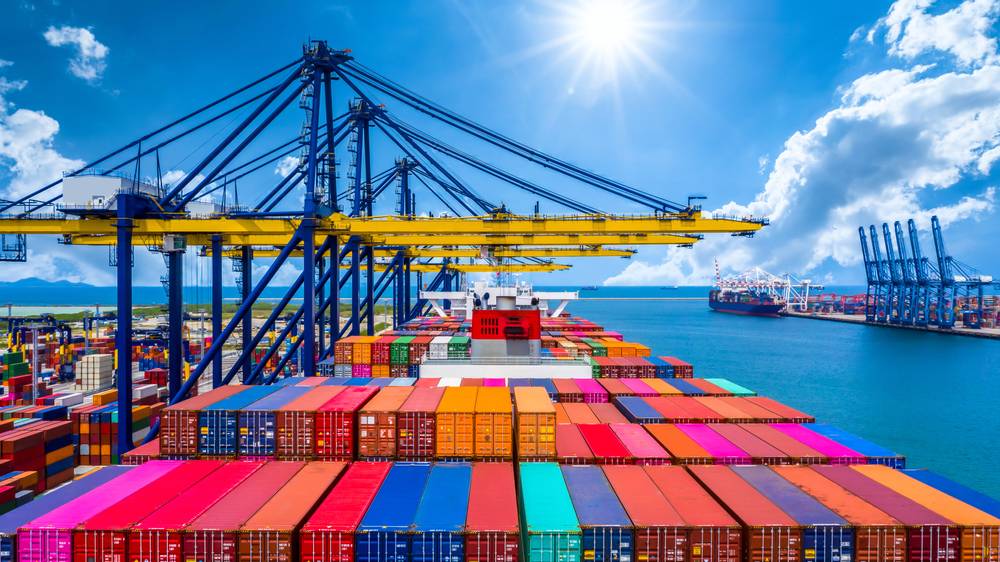
Exports from 27 European countries via Alibaba Group’s platforms totaled about €32.3 billion ($34.6 billion) last year, a third higher than in 2019, said a study by Italy’s SDA Bocconi School of Management.
Between 2019 and 2022, companies across those countries exported €121.4 billion worth of goods to Chinese consumers via the Alibaba platforms: Taobao Global, Tmall, Tmall Global and Freshippo.
This activity contributed €57.9 billion to the GDP of Germany, France, Italy and Spain in the same four years, the business school’s study estimated. Alibaba commissioned the study.
“Alibaba helps European companies, of all sizes, sell to customers in international markets protecting European jobs and growing the European economy,” said Eric Pelletier, Vice President and Head of International Government Relations at Alibaba.
Sales on Alibaba’s platforms also helped support about 172,600 jobs in those four major economies last year, a number that has remained stable over the past three years.
Governments’ coffers were also fuller as a result of cross-border e-commerce. Germany, France, Italy and Spain garnered more than €6.6 billion worth of tax revenues last year from sales on Alibaba’s platforms alone.
Over half of all product sales are in the beauty and fashion sectors. Last year’s top category in France, Germany, Italy, Spain and the United Kingdom was “chemicals and chemical products,” which includes perfumes, beauty, personal care and make-up. Next up was “textiles, wearing apparel, leather and related products.”
Digital platforms create new cross-border opportunities that can particularly help small and medium-sized enterprises (SMEs) overcome the challenges of exporting.
“Alibaba and Tmall has been critical to our market success and growth in China and guiding our entry into new categories, with extremely supportive teams around the world,” said British vitamin company Vitabiotics’ CEO Tej Lalvani.
The study’s authors suggested high-level policy recommendations to support European SMEs’ exports.
They suggested promoting the adoption of digital technologies, enhancing capabilities in consumer market trend analysis, ensuring intellectual property protection, building market research data catalogs, and strengthening cooperation.
"Alibaba offers support for all aspects of the supply chain, ranging from customising a storefront, advertising, customer data, support and logistics,” said Maximilian Kaub, Managing Partner of German chocolate maker Confiserie Burg Lauenstein.

By implementing these measures, the authors suggest, European institutions can help drive SMEs’ export growth.
"E-commerce opens cross border markets for small businesses enabling them to utilize digital tools to market and sell their products to customers they would otherwise never have the capacity to do business with,” said Alibaba's Pelletier.
To learn more about the contribution of the digital B2C marketplaces of the Alibaba Group to the European economy and the international sustainable development of SMEs, find the full report here:




